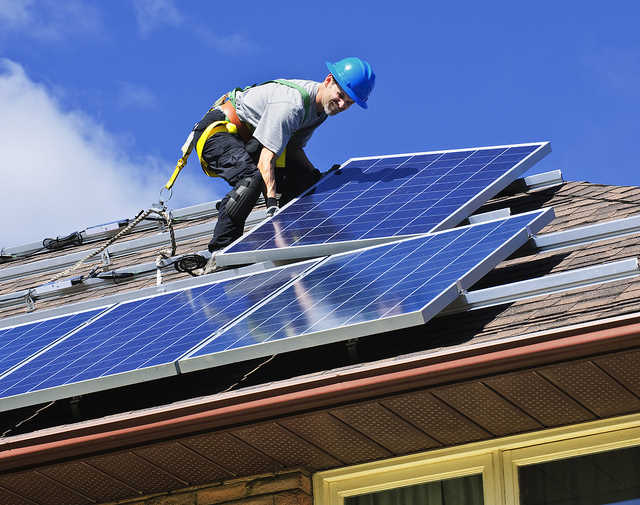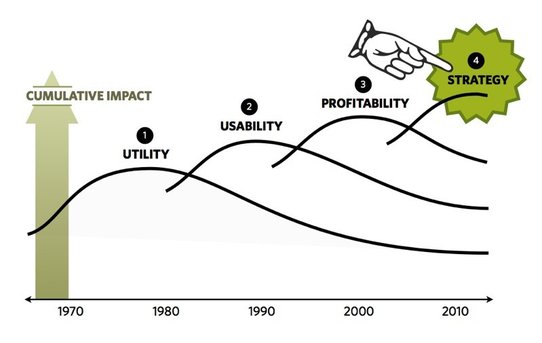
Harnessing Solar Power: Essential Tips for Efficiency
Harnessing solar power is a sustainable and efficient way to meet energy needs. In this article, we explore key tips to maximize the efficiency of solar power systems, making the most of this renewable energy source.
Understanding Your Energy Needs:
Before diving into solar power, it’s crucial to understand your energy needs. Conduct an energy audit to determine your average consumption and identify areas where solar power can be most effective. Understanding your needs allows you to size your solar power system appropriately.
Investing in High-Quality Solar Panels:
The quality of solar panels directly impacts their efficiency. Investing in high-quality solar panels ensures better performance and longer lifespan. Research reputable manufacturers and choose panels with higher efficiency ratings to optimize the energy output of your solar power system.
Optimizing Solar Panel Placement:
The placement of solar panels significantly influences their efficiency. Ensure that panels are installed in a location with maximum sunlight exposure throughout the day. Regularly clean panels to remove dirt and debris that can obstruct sunlight and reduce efficiency.
Utilizing Solar Trackers:
Solar trackers are devices that orient solar panels to follow the sun’s path, maximizing sunlight exposure. While they add a cost to the system, solar trackers can significantly increase energy production, especially in locations with varying sun angles.
Installing an Efficient Inverter:
The inverter is a critical component that converts solar energy into usable electricity. Invest in an efficient inverter to minimize energy losses during the conversion process. High-quality inverters enhance the overall performance of your solar power system.
Implementing Energy Storage Solutions:
Energy storage solutions, such as batteries, allow you to store excess energy generated during sunny periods for use during cloudy days or at night. This enhances the reliability and independence of your solar power system, providing a consistent power supply.
Regular Maintenance and Monitoring:
Regular maintenance is key to the longevity and efficiency of a solar power system. Schedule routine checks for any issues, such as loose connections or shading, and address them promptly. Additionally, use monitoring tools to track the performance of your system and identify any anomalies.
Exploring Government Incentives:
Many governments offer incentives and rebates to encourage the adoption of solar power. Explore available programs, tax credits, and rebates that can offset the initial costs of installing a solar power system, making it a more financially viable option.
Educating Yourself on Solar Technologies:
Staying informed about advancements in solar technologies allows you to make informed decisions for your solar power system. Understand new developments, emerging technologies, and potential upgrades that can further enhance the efficiency of your solar setup.
Engaging with a Professional Installer:
While DIY solar installations are possible, engaging with a professional installer ensures that your system is optimized for efficiency. Professionals can assess your property, recommend the right equipment, and install the system according to industry best practices.
To delve deeper into solar power tips and explore additional resources, visit Solar Power Tips. This comprehensive guide provides valuable insights and information to empower you on your journey to harnessing solar power for a sustainable and efficient energy future.



